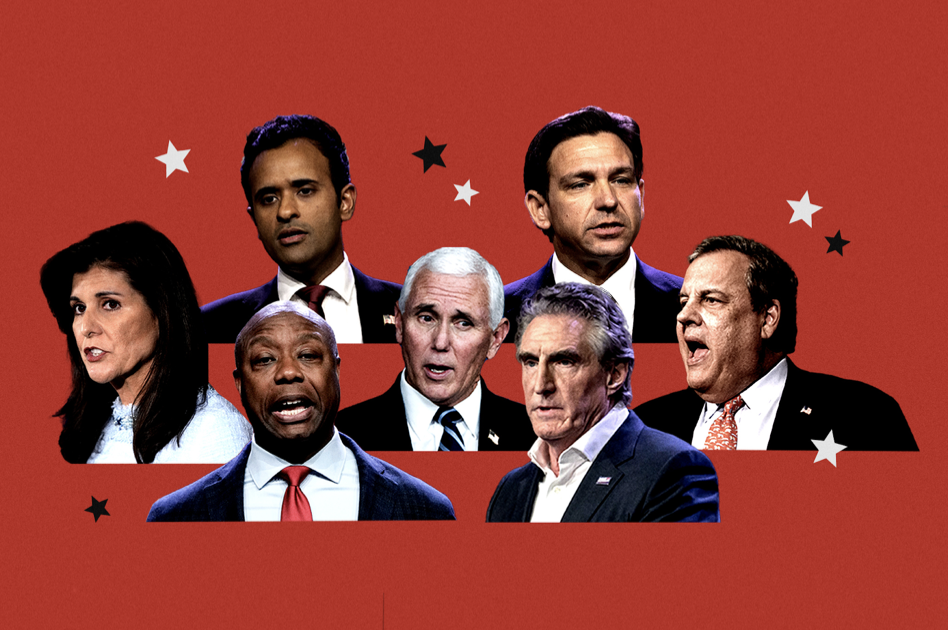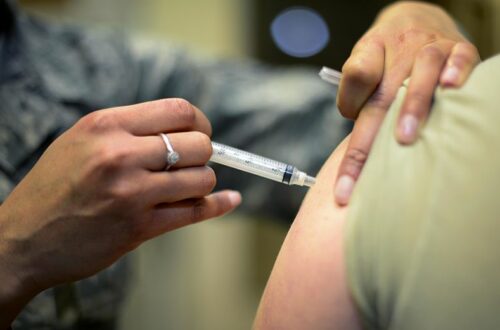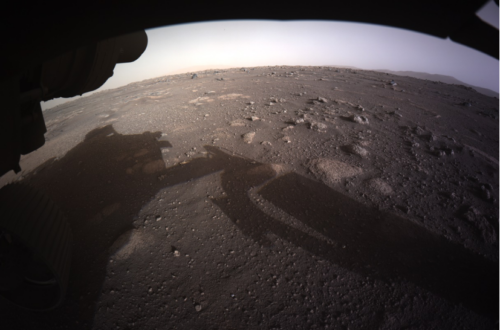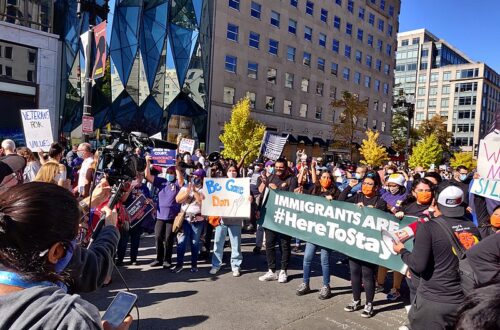With the 2024 presidential election coming up, the Republican party candidates are once again facing off in the primary debates. The first three debates began on Aug. 23 at the Fiserv Forum in Milwaukee.
However, the debate’s current forerunner – former President Donald J. Trump – was absent from the stage.
“Missing in Action”
The original lineup for the Republican candidates included a mixed set of 14 personalities. While a seemingly large amount, candidates like Perry Johnson, William Hurd, Larry Elder and Ryan Blinky didn’t meet the debate requirements.
These requirements call for candidates to achieve a “benchmark of support” of at least 40,000 different contributors. These contributors must also be from no fewer than 20 states and U.S. territories.
Some candidates, like Miami Mayor Francis Suarez, also chose not to attend anymore and dropped out of the presidential race.
The most notable presence missing, though, was Trump.
Trump shared with Newsmax TV Host Eric Bolling that if he were to lose in the primaries, he wouldn’t be signing the “Loyalty Pledge.”
This pledge is a requirement all candidates must sign if they want to appear in these presidential debates – regardless of whether they win the nomination or not.
“I wouldn’t sign the pledge,” Trump said. “Why would I sign a pledge if there are people on there I wouldn’t have?”
Eye on the Prize
As the initial debates unfolded, it was obvious the Republicans’ goal was to capture their audience’s attention. Each candidate provided commentary on topics like abortion, Trump’s ongoing criminal cases, Ukraine and gun control.
Without Trump present, the present candidates had to find someone else to criticize. During the first debate, it was American entrepreneur Vivek Ramaswamy.
Former New Jersey Gov. Chris Christie made a jab at Ramaswamy when he interrupted him to say he’s “had enough already tonight of a guy who sounds like ChatGPT.” He also said Ramaswamy, like President Obama, was a “skinny kid with a funny name.”
Mic Drop Moments
The second debate was on Sept. 27 at the Ronald Reagan National Library in Simi Valley, California, where all eligible Republican candidates were present. This group included Tim Scott, Vivek Ramaswamy, Nikki Haley, Doug Burgum, Chris Christie and Ron DeSantis.
Once again, the absence of Trump played a central role in the debate as the other candidates tried to shake up the race and take the former President’s dominating lead.
Trump had decided to skip this debate to hold a rally in Michigan, where autoworkers have gone on strike to demand pay increases. This rally provided viewers with a political split-screen to the ongoing Republican debates.
The present candidates attempted to capitalize on Trump’s absence to gain attention, make their platforms heard,and gain voter support.
“You know who else is missing in action?” said Florida Gov. Ron DeSantis. “Donald Trump is missing in action. He should be on this stage tonight. He owes it to you to defend his record.”
However, it was Christie who delivered the most direct and critical remark about the former president’s absence from the debate stage.
He compared Trump to “Donald Duck” for “ducking” the debate stage out of fear. He said Trump isn’t participating in the debates because he was afraid of publicly defending his record against his fellow opponents.
While Ramaswamy and former South Carolina Gov. Nikki Haley didn’t specifically mention Trump’s absence, they engaged in a contentious debate with each other on how our youth are utilizing TikTok.
Personally criticizing Ramaswamy, Haley said, “Honestly, every time I hear you, I feel a little bit dumber for what you say.”
Another punchline underlining the debate was Biden joining the striking workers on the picket line a day earlier than Trump.
South Carolina Senator Tim Scott said Biden should instead be “working to close our southern border because it is unsafe, wide open and insecure.”
Likewise, former Vice President Mike Pence replied with a touch of humor, proposing that Biden should be on the “unemployment line” instead of the picket line, offering criticism of the current president’s policies and leadership.
Inside Trump’s Absence
The statements from these debates created a dense atmosphere that called for analysis from Roger Austin, a political campaigning professor at the University of Florida.
Austin said Trump’s absence didn’t harm his chances after the first debate. Instead, his popularity increased while the other candidates’ favorability either stabilized or declined.
“75% of all Republican voters are now for Ramaswamy, Trump or DeSantis,” he said.
He also said Trump’s success seems partially attributed to his absence from the debates.
To differentiate themselves from Trump, Austin emphasized the need for candidates to shift their commentary away from Trump’s absence and focus more on their agendas.
“Their task was to separate themselves from the pact and emerge as a viable alternative from Trump,” Austin said. “And I don’t think any of them did that. In fact, Trump’s numbers went up.”
Trump’s absence from these two debates signals a fundamental shift in the event’s dynamics, especially in how the candidates and audience are experiencing the changing environment. It raises the pertinent question about the role of debates in shaping public opinion and influencing the strategies and approaches of presidential candidates.
Featured image: Graphic of the 2024 Republican presidential candidates (The Washington Journal / Sept. 27, 2023)





